Egypt IVF Success: A Full Guide
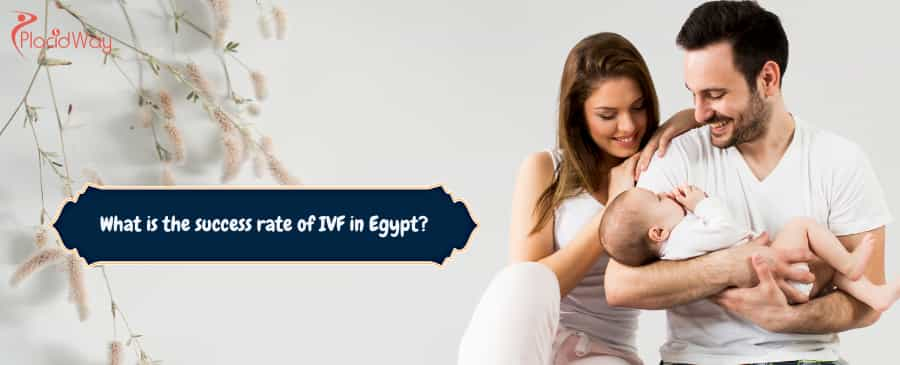
Embarking on the journey of in-vitro fertilization (IVF) is a significant step for many hopeful parents. For those considering this path, Egypt has emerged as a prominent destination, offering a blend of advanced medical expertise and affordable treatment options. A primary concern for anyone exploring IVF is its effectiveness. The success rate of IVF in Egypt is a key consideration, influenced by a multitude of factors that we will explore in detail. This comprehensive guide will answer all the pressing questions you have about IVF in Egypt, providing clarity and empowering you with the knowledge to make informed decisions.
What is the general success rate of IVF in Egypt?
"The general success rate of IVF in Egypt ranges from 40% to 60%, a figure comparable to leading fertility centers worldwide. This rate is influenced by various factors, most notably the woman's age and the specific IVF protocol used."
The success rate of IVF in Egypt is a testament to the country's growing expertise in assisted reproductive technology. Clinics across Egypt report success rates that are on par with international standards. It's important to understand that this is an average figure. For some, the chances of a successful pregnancy are significantly higher, while for others, they may be lower. This variability is why a personalized consultation with a fertility specialist is crucial. They can provide a more accurate prognosis based on your individual health profile.
The competitive success rates are attributed to several factors. Many Egyptian fertility clinics are equipped with state-of-the-art laboratories and employ highly skilled embryologists and fertility specialists, many of whom have received training in Europe and the United States. Furthermore, the implementation of advanced techniques such as Intracytoplasmic Sperm Injection (ICSI) and Preimplantation Genetic Diagnosis (PGD) has significantly contributed to improving outcomes for patients.
How does age affect the success rate of IVF in Egypt?
"A woman's age is the single most important factor influencing the success rate of IVF in Egypt. For women under 35, the success rate can be as high as 60% per cycle, while for women over 40, this rate typically decreases to around 15-20%."
The correlation between female age and IVF success is a biological reality. As a woman ages, the quantity and quality of her eggs decline. This impacts the chances of successful fertilization, embryo development, and implantation. Egyptian fertility clinics are transparent about these age-related success rates and will provide detailed statistics to help manage your expectations.
Here's a general breakdown of how age can impact IVF success rates in Egypt:
- Under 35: 50% - 60%
- 35-37: 40% - 45%
- 38-40: 25% - 35%
- Over 40: 10% - 20%
It's important to note that these are general estimates. Individual health, ovarian reserve, and the presence of any underlying medical conditions can also play a significant role. For older women, the use of donor eggs can dramatically increase the chances of a successful pregnancy, often to levels seen in younger women.
What is the cost of an IVF cycle in Egypt?
"The cost of a single IVF cycle in Egypt typically ranges from $2,500 to $5,000 USD. This is significantly more affordable than in many Western countries, making it an attractive option for medical tourists."
The affordability of IVF is a major draw for international patients. While the final cost can vary depending on the clinic, the specific treatments required, and any additional medications, it remains a fraction of what you might expect to pay in North America or Europe. This lower cost does not equate to lower quality; many Egyptian clinics offer world-class facilities and care.
It's essential to get a detailed cost breakdown from your chosen clinic. Ensure you understand what is included in the quoted price, such as consultations, ultrasound monitoring, egg retrieval, fertilization, and embryo transfer. Additional costs may include medications, genetic testing (PGD/PGS), and embryo freezing, so be sure to factor these into your budget.
What is typically included in an IVF package in Egypt?
"A standard IVF package in Egypt usually includes initial consultations, ovarian stimulation monitoring, the egg retrieval procedure, sperm processing, fertilization in the lab (conventional IVF or ICSI), and the embryo transfer. Medications and more advanced procedures are often billed separately."
Understanding the components of an IVF package is crucial for financial planning. While packages can vary between clinics, a comprehensive plan will generally cover the core procedures of the IVF cycle. This allows for a transparent and predictable cost structure for the main part of the treatment.
However, it is vital to inquire about what is not included. Fertility medications, which can be a significant expense, are often excluded from the base package price. Similarly, advanced techniques like Preimplantation Genetic Testing (PGT), which screens embryos for genetic abnormalities, will incur additional charges. Always request a detailed and itemized list of costs before commencing treatment.
Are there legal restrictions for foreigners seeking IVF in Egypt?
"Egypt's laws permit IVF for married heterosexual couples using their own gametes (eggs and sperm). The use of donor eggs, donor sperm, and surrogacy is not permitted for Egyptian nationals. However, the legal landscape for foreigners can be more nuanced, and it is crucial to consult with clinics that have experience treating international patients to understand the specific regulations that apply."
The legal framework surrounding assisted reproductive technologies in Egypt is rooted in religious and cultural norms. For Egyptian citizens, the law is clear: only a married husband and wife can undergo IVF using their own genetic material. This means that donation of eggs, sperm, or embryos, as well as surrogacy, is prohibited.
For international patients, the situation can be different, and some clinics may offer services like egg donation to non-Egyptians. It is of utmost importance to work with a reputable clinic that is well-versed in the legalities of treating foreign patients. They will be able to guide you on the permissible procedures and ensure that your treatment is conducted within the legal and ethical boundaries of the country.
What are the success rates for Frozen Embryo Transfer (FET) in Egypt?
"The success rates for Frozen Embryo Transfer (FET) in Egypt are comparable to fresh embryo transfers, often ranging from 40% to 60%. The success of a FET cycle depends heavily on the quality of the frozen embryos."
Frozen Embryo Transfer (FET) is a procedure where a cryopreserved embryo from a previous IVF cycle is thawed and transferred to the uterus. This has become an increasingly common and successful practice in Egypt. The high success rates are a result of advanced vitrification techniques, which is a fast-freezing method that minimizes damage to the embryos.
FET offers several advantages. It allows for the transfer of embryos in a cycle where the uterine lining is more receptive, as the woman's body has not undergone the stress of ovarian stimulation. It also provides the opportunity for genetic testing of the embryos before transfer. If you have surplus high-quality embryos from a fresh IVF cycle, FET offers an excellent and often more cost-effective chance of pregnancy in a subsequent cycle.
What is the difference in success between IVF and IUI in Egypt?
"In Egypt, as in the rest of the world, IVF consistently demonstrates a higher success rate per cycle compared to Intrauterine Insemination (IUI). IVF success rates can be three to four times higher than IUI, particularly for women over 35."
Intrauterine Insemination (IUI) is a simpler and less invasive fertility treatment where sperm is directly placed into the uterus. While it can be an effective option for some couples, particularly those with unexplained infertility or mild male factor infertility, its success rates are generally lower than IVF. The success rate for IUI in Egypt typically ranges from 10% to 20% per cycle.
IVF, on the other hand, overcomes many of the barriers to fertilization by combining the egg and sperm outside the body. This allows for greater control over the fertilization process and the selection of the healthiest embryos for transfer. For couples with more significant fertility challenges, such as blocked fallopian tubes, severe male factor infertility, or advanced maternal age, IVF is often the more effective and recommended treatment option.
What about the success rates of IVF with donor eggs in Egypt?
"For women who are unable to use their own eggs, IVF with donor eggs in Egypt can offer significantly higher success rates, often exceeding 60-70%. The success is primarily dependent on the age and fertility of the egg donor."
The use of donor eggs can be a transformative option for women with diminished ovarian reserve, premature ovarian failure, or those who have had multiple failed IVF cycles with their own eggs. Since the success of an IVF cycle is so closely tied to egg quality, using eggs from a young, healthy donor can dramatically increase the chances of a successful pregnancy.
It is crucial for international patients interested in this option to work with clinics that are experienced and legally permitted to provide egg donation services to foreigners. These clinics will have a rigorous screening process for donors to ensure the highest quality of care and the best possible outcomes for the recipients.
Are PGD and PGS available in Egypt, and how do they affect success rates?
"Yes, Preimplantation Genetic Diagnosis (PGD) and Preimplantation Genetic Screening (PGS) are available in many leading IVF clinics in Egypt. These technologies can improve the chances of a successful pregnancy and reduce the risk of miscarriage by ensuring that only genetically healthy embryos are transferred."
Preimplantation Genetic Diagnosis (PGD) is used to screen embryos for specific single-gene disorders, such as cystic fibrosis or sickle cell anemia. Preimplantation Genetic Screening (PGS), also known as PGT-A, screens embryos for chromosomal abnormalities (aneuploidy). By selecting chromosomally normal embryos for transfer, PGS can increase the implantation rate, reduce the miscarriage rate, and decrease the chance of having a child with a chromosomal disorder like Down syndrome.
While these technologies add to the overall cost of an IVF cycle, they can be particularly beneficial for older women, couples with a history of recurrent miscarriage, or those with a known genetic condition. The use of PGD/PGS in Egyptian clinics reflects their commitment to offering the latest advancements in reproductive medicine to improve patient outcomes.
What should I look for when choosing an IVF clinic in Egypt?
"When choosing an IVF clinic in Egypt, prioritize clinics with a strong track record of success, experienced and qualified medical staff, modern laboratory facilities, and transparent pricing. Look for clinics that are internationally accredited and have positive patient reviews."
Selecting the right clinic is a critical step in your IVF journey. Beyond the headline success rates, consider the following factors:
- Expertise and Experience: Research the qualifications and experience of the doctors and embryologists.
- Technology and Facilities: Ensure the clinic uses up-to-date technology and has a high-quality laboratory.
- Patient Care and Communication: Choose a clinic that provides personalized care and communicates clearly and compassionately.
- Transparency: The clinic should be upfront about costs, procedures, and success rates specific to your situation.
- International Patient Services: If you are traveling from abroad, look for clinics that offer support with travel, accommodation, and language services.
Is natural cycle IVF offered in Egypt, and what are its success rates?
"Natural cycle IVF is offered in some Egyptian clinics as a less invasive alternative to conventional IVF. The success rate per cycle is lower, typically around 10-15%, as it relies on the single egg naturally produced by the body."
Natural cycle IVF forgoes the use of high-dose fertility medications to stimulate the ovaries to produce multiple eggs. Instead, it focuses on retrieving the one egg that is naturally selected and matured during a woman's menstrual cycle. This approach reduces the risk of Ovarian Hyperstimulation Syndrome (OHSS) and is less expensive than traditional IVF.
However, because only one egg is retrieved, the chances of obtaining a viable embryo for transfer are lower. This option may be suitable for women who do not respond well to stimulation medications or those who wish to avoid hormonal treatments. A thorough discussion with your fertility specialist will determine if natural cycle IVF is a suitable option for you.
What are the age limits for undergoing IVF in Egypt?
"While there isn't a strict legal age limit for IVF in Egypt, most clinics have their own policies, typically recommending against IVF for women over the age of 50. The decision is usually made on a case-by-case basis, considering the woman's overall health and ovarian reserve."
Fertility clinics in Egypt, like those worldwide, are guided by ethical considerations and the well-being of the patient. As the chances of a successful and healthy pregnancy decline significantly with age, and the risks to both mother and child increase, clinics will have an upper age limit for treatment.
For women in their late 40s and early 50s, a comprehensive medical evaluation is necessary to assess their fitness for pregnancy. In some cases, the use of donor eggs may be recommended to improve the chances of success and reduce age-related risks. It is essential to have an open and honest conversation with your doctor about the potential challenges and realistic outcomes based on your age and health.
Ready to explore your options for IVF in Egypt? PlacidWay can connect you with leading fertility clinics and specialists. Discover personalized and affordable IVF solutions to help you on your path to parenthood.




.png)


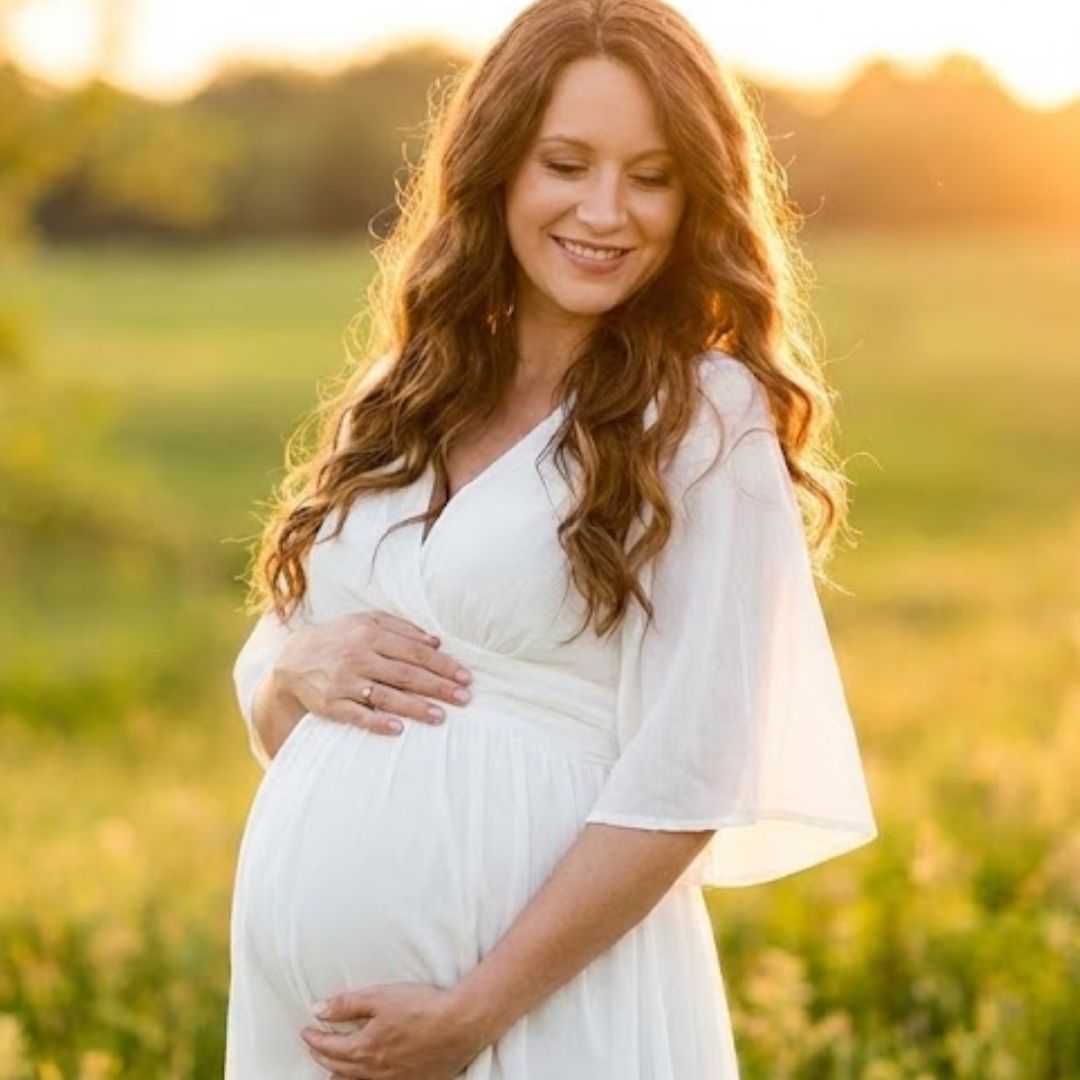

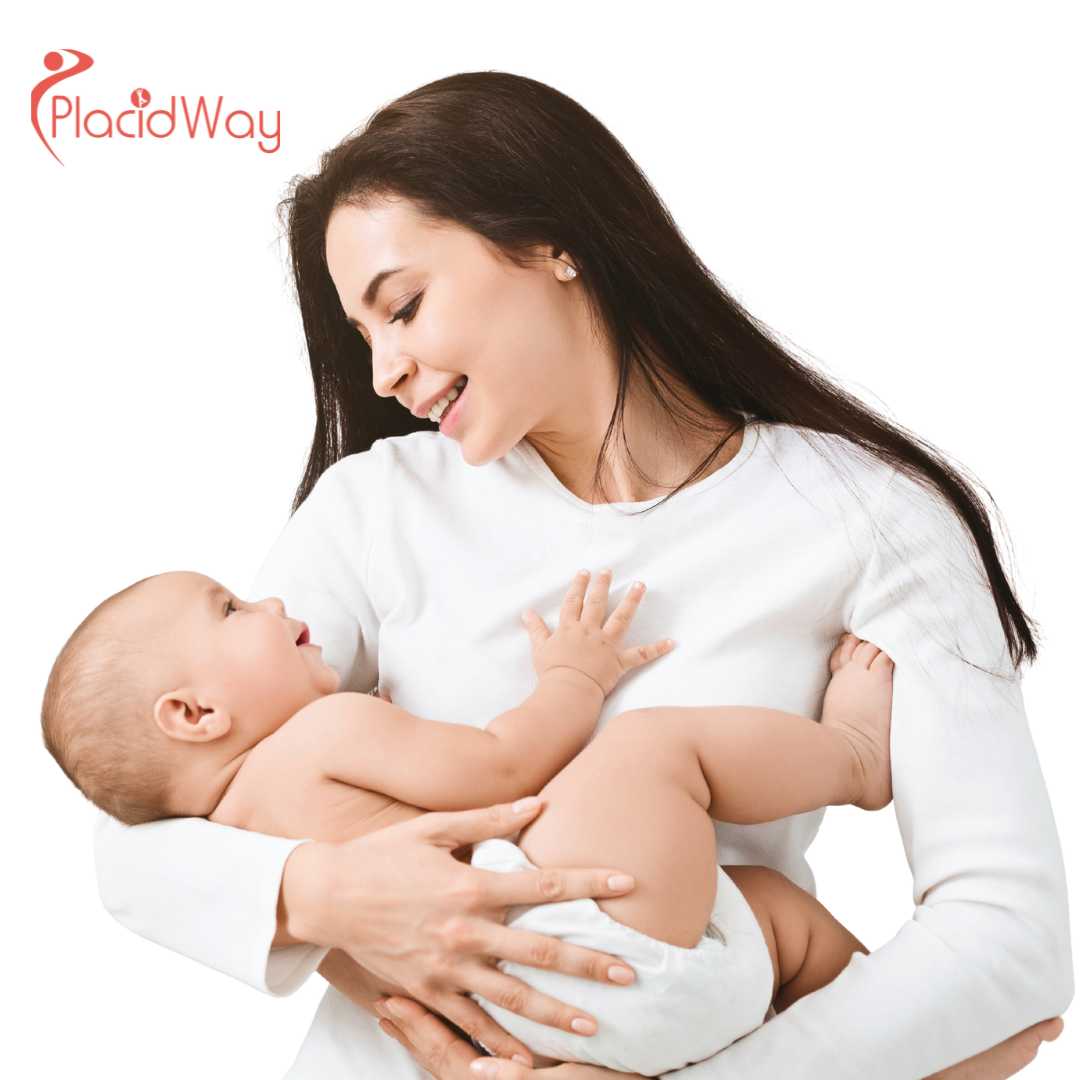
.png)
.png)
.png)

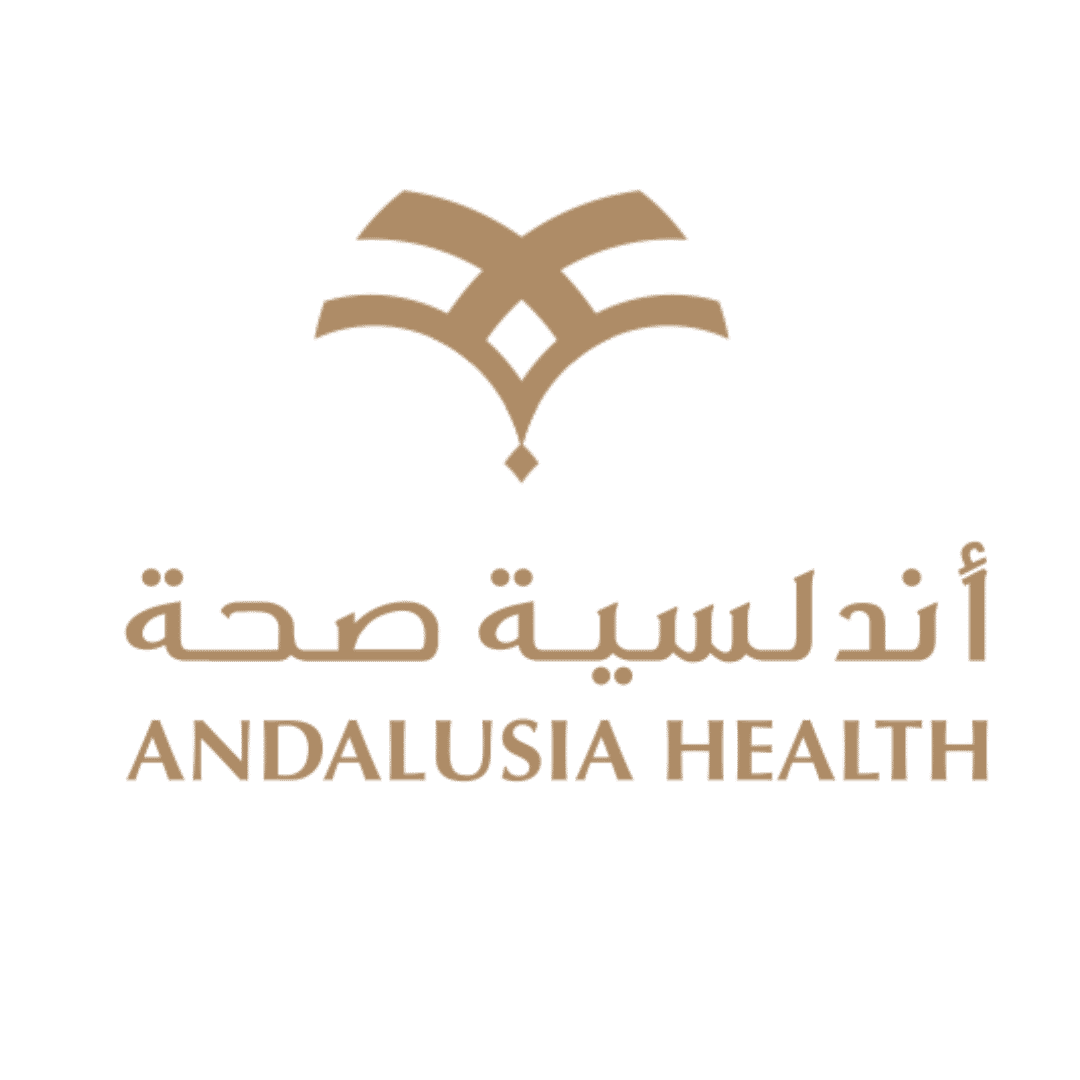
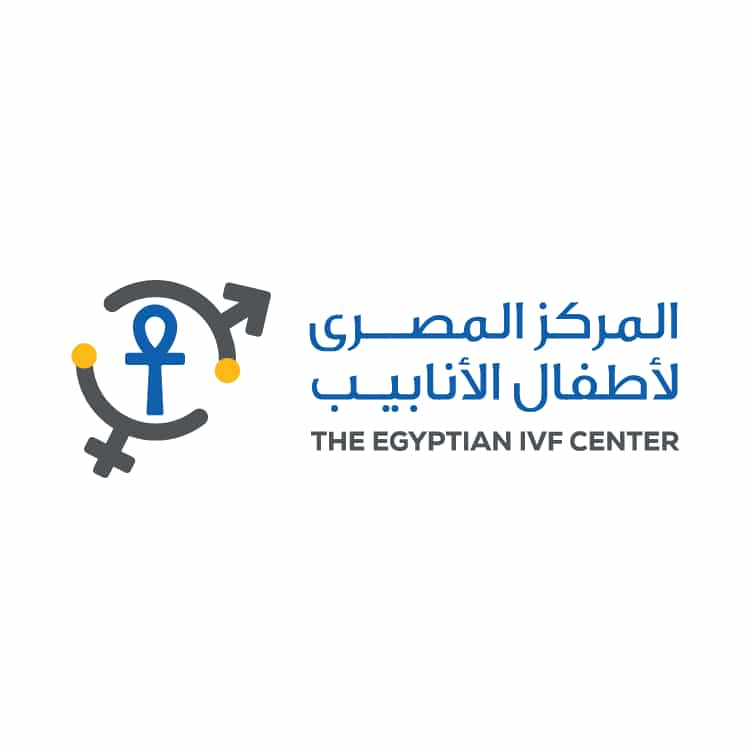
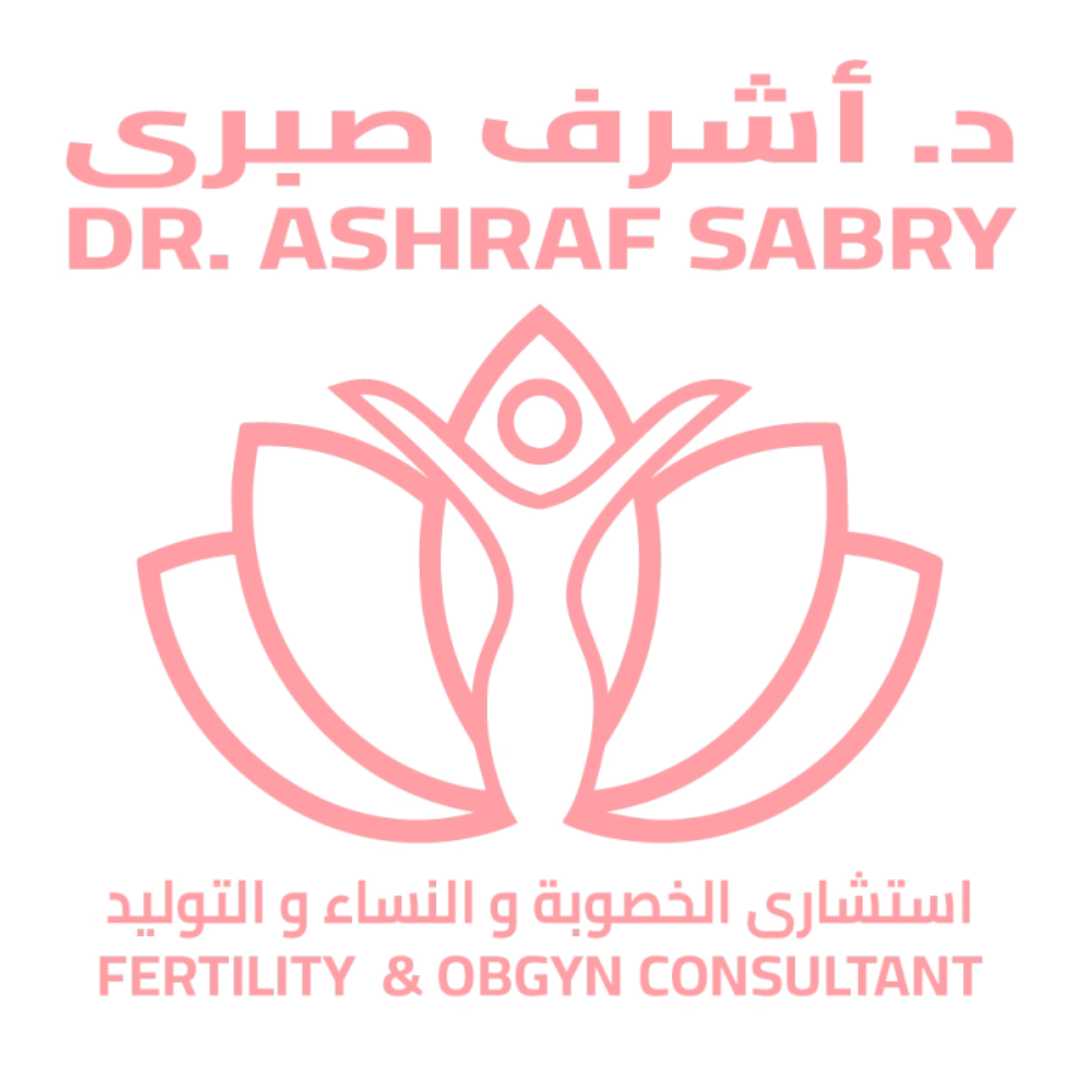
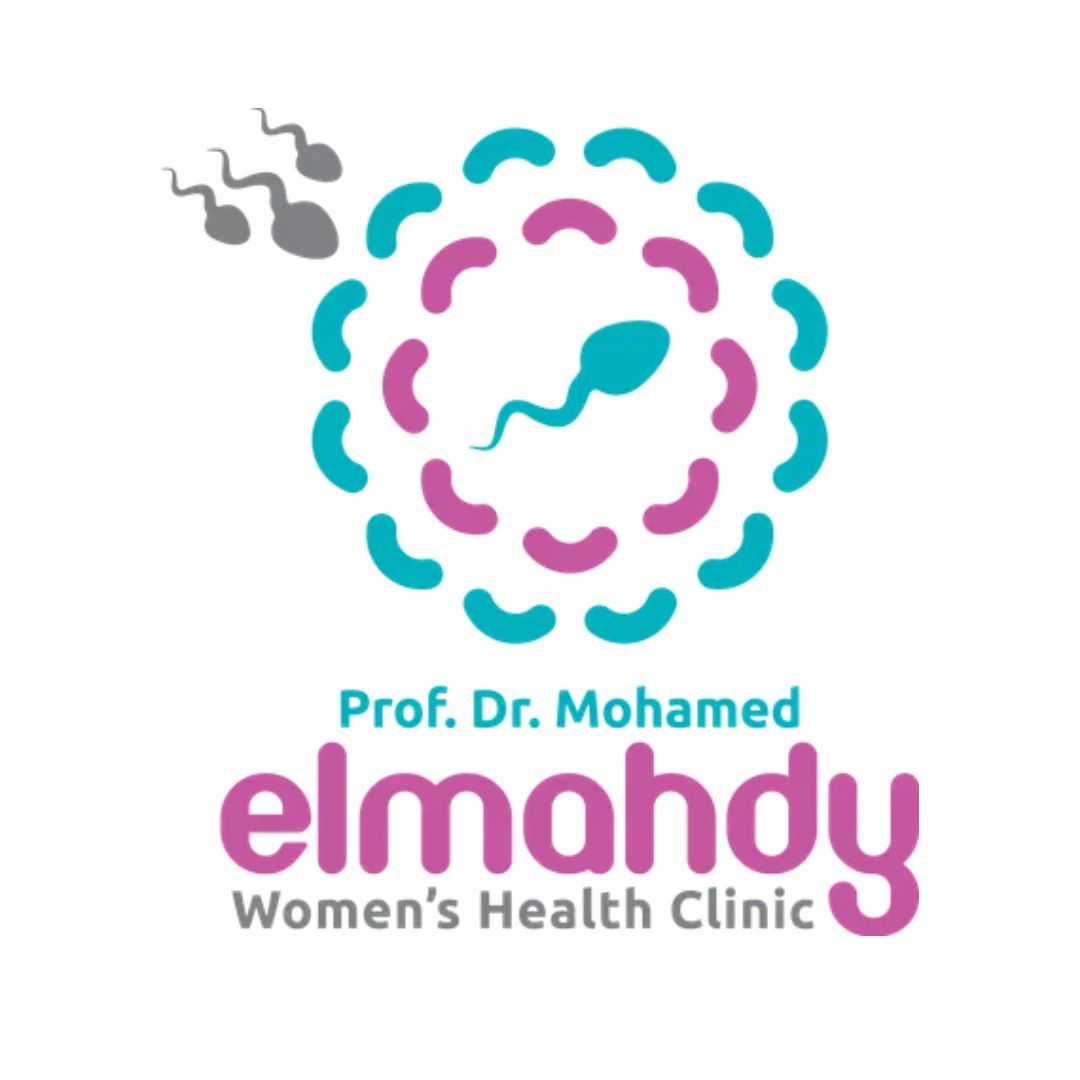

Share this listing